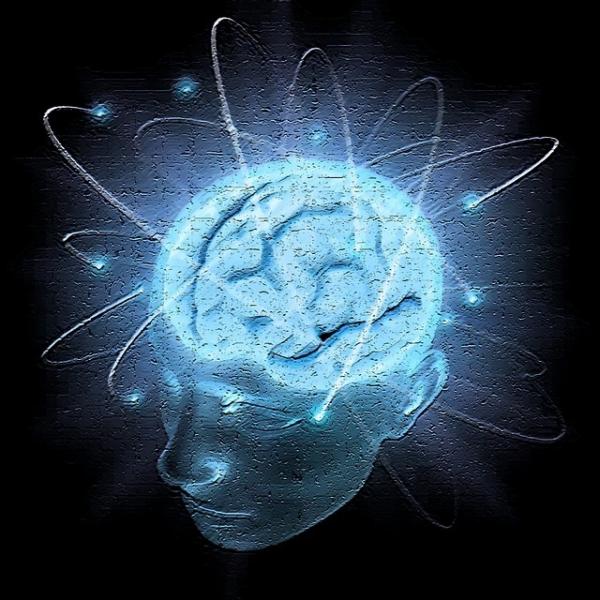Medically known as cerebral hypoxia, the lack of oxygen supply to the brain can endanger the health of this important organ, causing the death of cells and brain damage in the event that the brain remains for a long time without receiving the necessary oxygen. Being able to detect its symptoms in time will be key to seek specialized medical attention and guarantee the health of this organ, so we explain what the symptoms of lack of oxygen in the brain are.

Steps to follow:
1. The lack of oxygen in the brain can occur under varied conditions, some are external and others derived from certain health pathologies. Among the external factors that can lead to cerebral hypoxia are:
- Being at a great height where oxygen is not enough.
- Inhale large amounts of smoke such as those that occur during a fire.
- Intoxicated with carbon monoxide.
- An overdose of drugs.
- Problems arisen after general anesthesia.
2. Different health conditions can also lead to our brain stop receiving oxygen properly, including:
- Suffer from cardiac arrest.
- Choking or suffocating.
- Suffer a stroke ACV.
- Some condition that generates pressure in the trachea.
- Have low blood pressure.
- Suffer from a disease that causes paralysis in the muscles that control breathing, such as ALS.
3. The symptoms of lack of oxygen in the brain are:
- Feeling distracted or confused
- See altered movements or coordination.
- Having difficulty making decisions or reasoning.
- In more serious states the lack of oxygen in the brain can lead to loss of consciousness and difficulty or total absence of breathing.
4. It is very important to be clear that if you suspect that someone is suffering from the symptoms of lack of oxygen to the brain, you immediately go to emergencies. The faster oxygen is restored to the brain, the less damage caused by this serious condition.
Only specialized medical attention as a matter of urgency can improve the prognosis of this condition and reduce its negative effects on the brain.










